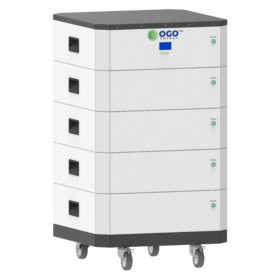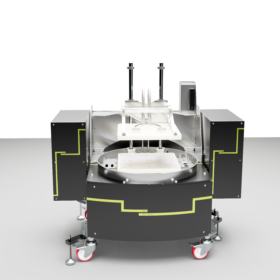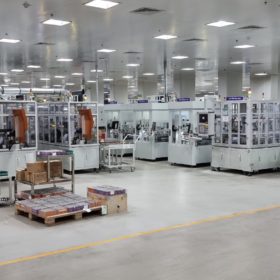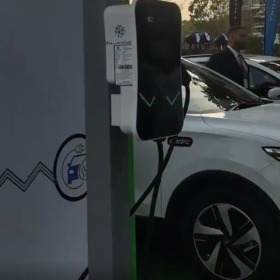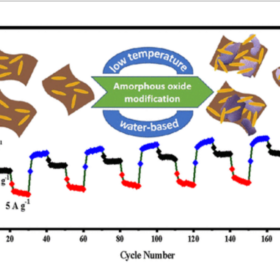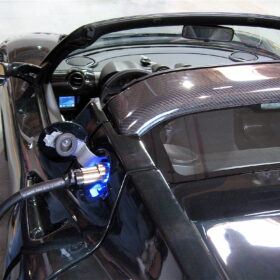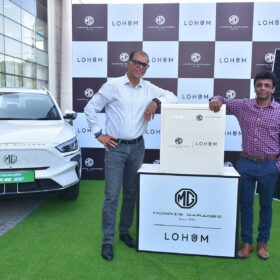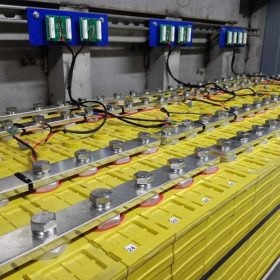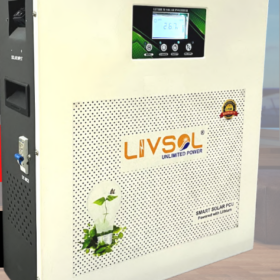OGO Energy launches residential battery storage solutions
India’s OGO Energy has launched battery energy storage systems with indigenously developed smart battery management system. These systems feature a modular design. Up to five battery modules of 5.12 kWh each can be combined to give a storage capacity of 25.6 kWh.
Servotech launches new unit for key EV charger components and lithium batteries
Servotech Power Systems has launched Techbec Green Energy to produce EV charger components and lithium-ion batteries. The new unit will have a 40,000 sq.ft. manufacturing facility in Haryana.
IIT Kanpur, UK’s H.E.L to collaborate on battery testing
UK-based H.E.L Group will provide IIT Kanpur with the latest battery testing technology under a collaboration agreement signed with IIT Kanpur.
Exide Energy secured $85.3 million of orders for lithium-ion battery packs, modules in fiscal 2022-23
Exide Energy (Nexcharge), which started commercial production last year, received a healthy order inflow for lithium-ion-based battery packs and modules during FY 2022-23.
Sodium-ion vs lithium-ion batteries
Lithium-ion batteries remain the preferred choice for electric mobility applications in India due to their higher energy density, well-established infrastructure, and safety record. However, the development of sodium-ion batteries continues, and they may have potential advantages in terms of cost and environmental impact, making them a promising alternative in the future.
New high-performance anode material for lithium-ion batteries
Indian researchers have synthesized an amorphous manganese dioxide-modified iron oxyhydroxide ternary composite as an anode material for lithium-ion batteries. The ternary composite anode exhibited stable cycling performance at high rates.
Epsilon Advanced Materials plans $650 million EV battery anode facility in USA
India’s Epsilon Advanced Materials will invest $650 million to set up a graphite anode processing facility in the USA. The facility will produce high-capacity synthetic anode materials for electric vehicle (EV) batteries.
Lohum introduces 5 kWh storage system made of second-life EV battery
Noida-headquartered Lohum has introduced a 5 kWh energy storage system under its collaboration with MG Motor India to develop second-life solutions for used EV batteries.
Himadri invests US$6.7 million in Australia’s Sicona Battery Technologies
India’s Himadri Speciality Chemical has acquired a 12.79% stake in Sicona Battery Technologies, an Australian startup that specializes in high-capacity silicon anode technology for lithium-ion batteries.
Wall-mounted solar inverter with inbuilt lithium battery
India’s Livsol has introduced wall-mounted lithium battery inverters in 300 VA, 1 kVA, 2 kVA, 3 kVA, and 5 kVA models with operating voltages of 12.8 V, 12.8 V, 25.6 V, 51.2 V, and 48 V, respectively.
